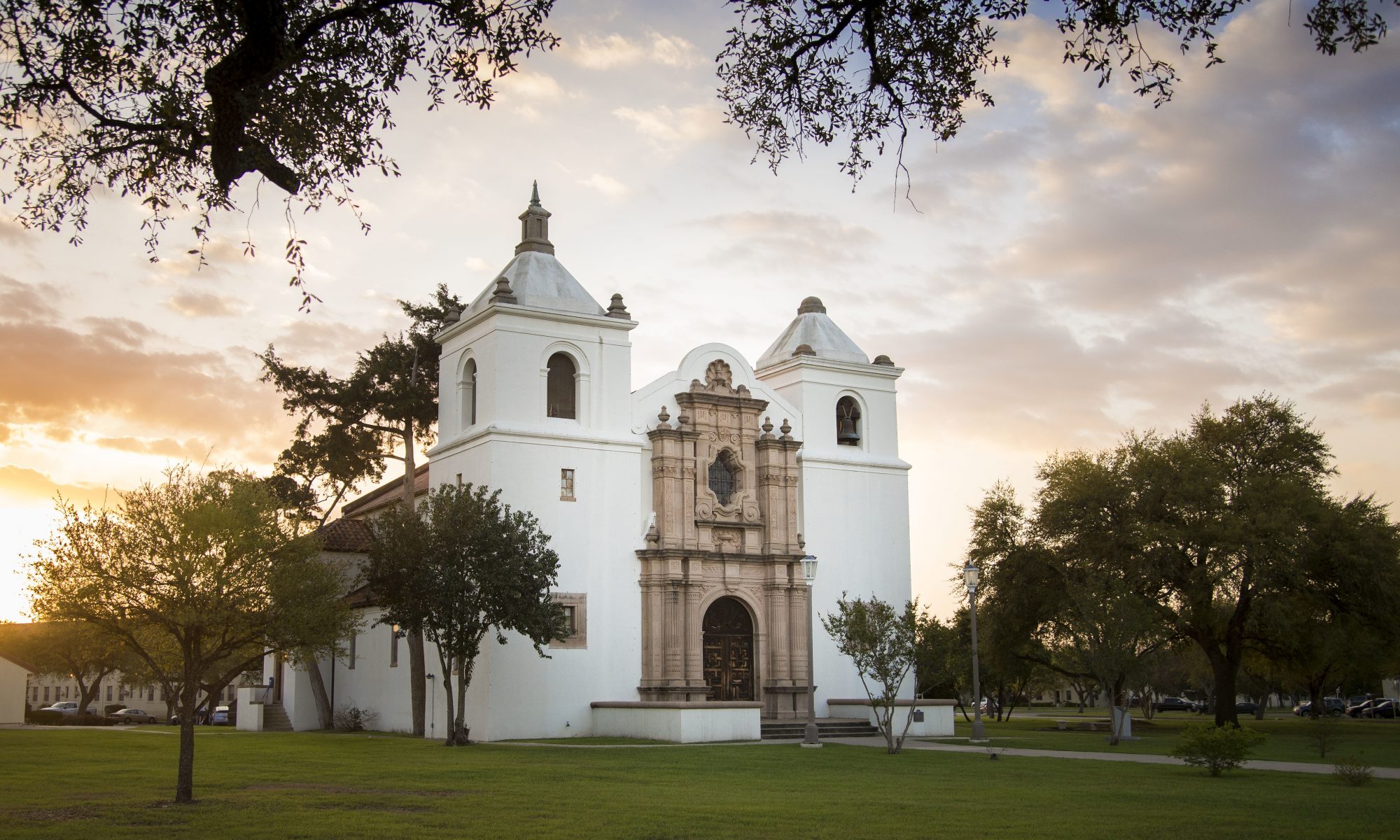In the ongoing discussion of what public history is and what defines the scope of the field, the focus seems to be on distinguishing the field from academic history. One thing that I feel is overlooked in the discussion is the role that teachers in grades K-12 play. This group of people falls perfectly in the transition from academic history to public history.
The Importance of Teachers
Grade school teachers are in a unique position in the field of history. They can be a literal bridge between the academic field and the realm of public history. Although our first expose to history usually comes from our parents and family, teachers can make a lasting impact on ones attitude toward history for the rest of their life. Teachers keep track of new academic developments in history, but they present the information on a very personal level that would definitely fit under the umbrella of public history. Teachers answer to a local authority and will respond accordingly. It is very easy for teachers to customize their lessons for their audience. They are able to adjust the depth, scope, and point of view to fit whatever community they are working in. This ability allows them to target the needs of the community they serve. This is the very essence of what public history is.
The Shortcomings of Teachers
I would even suggest that classroom education should be considered a 5th part of the public history domain. Museums already offer programs to help teachers improve and engage their students, but there is still much work to be done especially at the lower grade levels. The main problem at the lower levels is that those teachers are not exposed to academic courses in history specific topics. This often leads to a more mythological history being taught at those levels. The result is students who often need to be retaught basic history later in their academic careers. Programs designed to work with and increase the ability of lower grade teachers would be an immense benefit to the education system. This would improve the education at the higher grade level as the need for reteaching would be diminished; leaving more time to focus on the important topics and concepts that need to be covered during class.
Conclusion
There is a battle going on that most people are not aware of, a battle for control of history. In this digital age conspiracy theorists and intentional fake news is displacing legitimate information and facts. Classroom teachers are on the front line of this battle. They are in a position to educate students on how to tell the facts from the fakes. They can also inspire their students to continue to educate themselves and to continue their learning beyond the classroom. Teachers would handover the students to the public historians to accomplish this continued learning. By utilizing public history resources museums would not seem so foreign and these young learners would get more out of the experience. I strongly feel that public history programs need to keep classroom teachers in mind for the benefit of society.

It’s interesting that you bring up mythological history because I remember distinctly learning about mythology in elementary school, and for me, that was a major segway into valuing history as a subject. I have little to no experience as an educator, but I have been educated by teachers that have taken great care in making historical events as “child-friendly” and engaging as possible. There are plenty of lessons to be taught, it’s just a question of how.